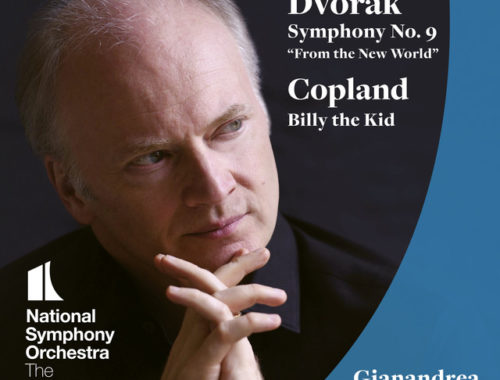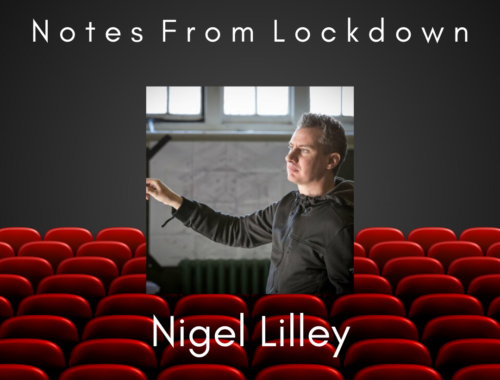Prom 46: BBC Scottish Symphony Orchestra, Manze**** – Review
Vaughan Williams’ three greatest symphonies in chronological sequence and at the heart of this extraordinary Prom – even better in realisation than on paper – the ineffable Romanza of the Fifth: haunted by one war, fearful of another. Admittedly there came with Andrew Manze’s highly individual readings an element of culture shock as if Vaughan Williams were somehow filtered through his period performance sensibilities. Manze looks a little like the young Roger Norrington; he makes music like him, too.
The shock of newness in the ferocious opening bars of the Fourth Symphony came more from the propulsiveness of the tempo than the crunching dissonance of the brass. Perhaps those serrations might have cut deeper but there was no stopping the momentum and the chilling drop-outs to uneasy pianissimo conveyed a terrible disquiet. There is no actual respite from anxiety in this extraordinarily angry piece and even attempts at lamentation in the second movement Andante moderato happen over a listless walking rhythm. Manze and the BBC Scottish Symphony Orchestra caught that wearisome and yet still threatening tread to perfection making the grotesque triumphalism of the finale even more disturbing. How shockingly Vaughan Williams subverts the jolly oom-pah rhythms of the English marching band tradition.
One really wanted Manze then to segué directly into the idyllic D major horn calls of the Fifth Symphony. The landscape there is one of peace but the wistfulness, the melancholy, the sense of loss is overwhelming. Again the swift tempo was a surprise but with speed closely allied to sound – a clear, transparent, illuminating sound – the effect was hopeful and uplifting. This is a symphony of visionary modulations but contrary to a more effusive and grandiose performance tradition Manze opted for a purer and less emotive understatement opening up the “choral” polyphonies without that overlay of grandiloquence.
I did miss Barbirolli’s refulgence in the Romanza – Manze’s objectivity brought us clarity and truth and a healing light but not that last degree of personal loss that is so enshrined in the closing bars of Barbirolli’s famous Philharmonia recording. And I still don’t feel that the last movement of this symphony belongs – or at least not as a separate movement. At very least an attacca is required to make the connection viable. It sounds like it was written for something else.
The Sixth Symphony is an altogether marvellous piece and Manze’s sweep and rhythmic uplift (more swift tempi) gave it a satisfying through-line. The crackle and snap of rhythmic syncopations in the parodistic scherzo was unusually keen and that sour, louche, saxophone sounded all the more ironical – a last vestige of humanity (base though it is) before all that remains is desolation. What an extraordinary creation that last movement is: an aural wasteland such as only Shostakovich would have recognised.


